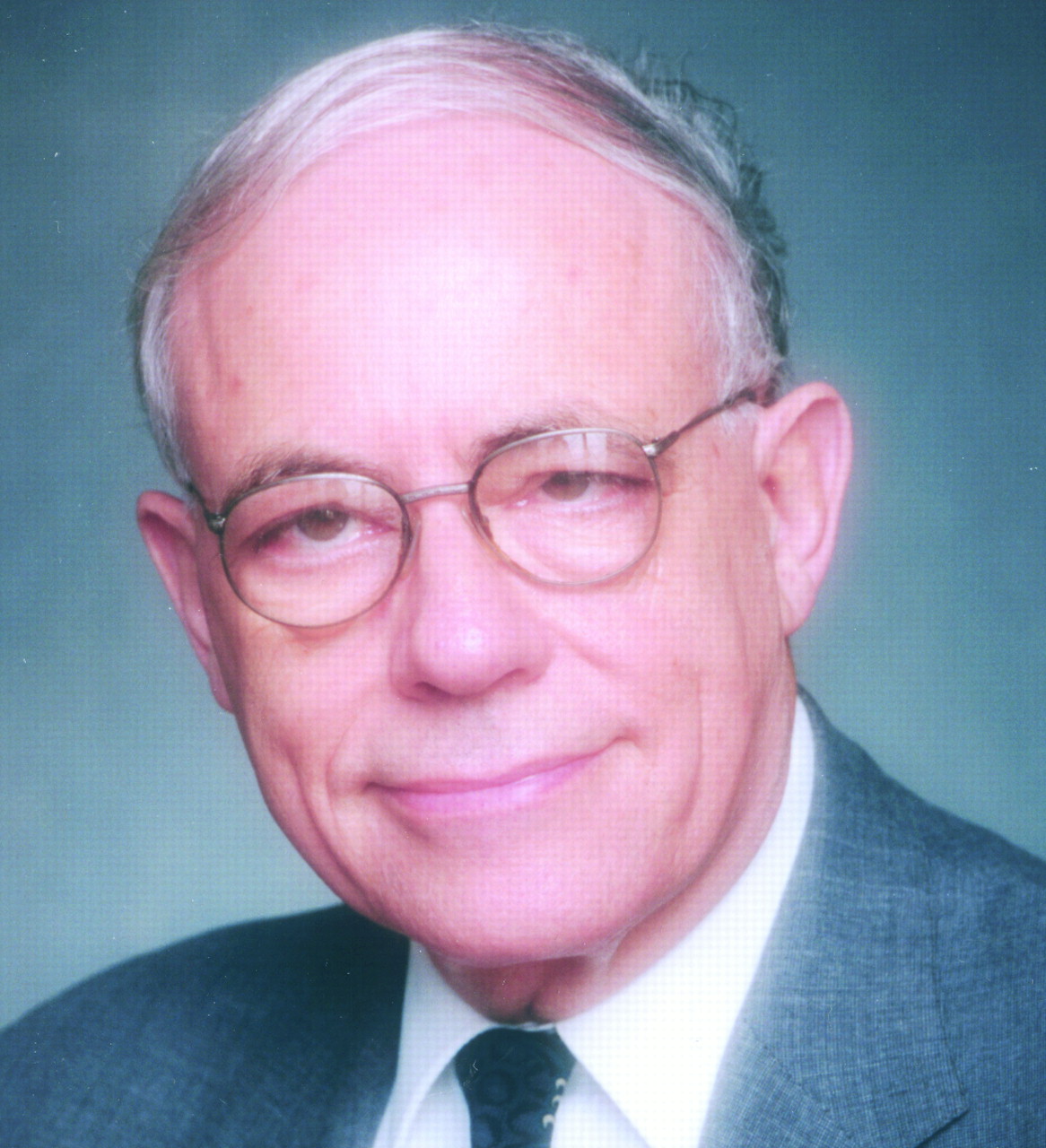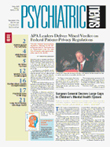According to startling estimates from the National Institute on Alcohol Abuse and Alcoholism (NIAAA), over half of the adult population of the U.S., some 98 million people, have a family history of alcohol abuse or dependence.
In a nationwide endeavor to reduce the staggering numbers of people dealing with alcohol problems or alcoholism, APA is a sponsor of the third annual National Alcohol Screening Day (NASD) on April 5 in conjunction with Screening for Mental Health, an organization that also conducts National Depression and National Eating Disorders screening days.
Last year, NASD drew 52,000 attendees, some of whom sought information on alcohol abuse and dependence, and some of whom—30,000 people—were screened for an alcohol problem. More than 1,400 screening sites participated.
NIAAA, as well as the federal Center for Substance Abuse and Treatment and the Center for Substance Abuse Prevention, will fund the one-day screening.
“Although the prevalence of alcoholism is extremely widespread, it remains on the back burner of the public’s attention as compared with the war on drugs, for example,” according to Enoch Gordis, M.D., director of NIAAA since 1986, who considers alcoholism to be the number one drug problem in the U.S.
The screenings are designed to assess people and guide them into treatment, if needed, while educating the public about the seriousness of alcohol-related disorders. “Aside from the intrinsic value of getting people screened,” explained Gordis, “NASD is an important consciousness-raising activity in and of itself.”
Psychiatrists are needed to participate in the screening process, according to Joelle M. Reizes, assistant director of Screening for Mental Health. “A single practitioner can register to conduct his or her own screening, but it is generally easier if they connect with other practitioners and do the screening as a group or in conjunction with a hospital or treatment facility,” said Reizes.
Psychiatrists and mental health professionals who conduct the screenings will receive a package of screening and educational materials that can be tailored to meet the needs of specific populations. Included will be the Alcohol Use Disorders Identification Test, a standardized, self-report screening instrument with scoring instructions and referral guidelines. In addition, participating practitioners will receive a guide to using the screening materials.
The program, according to Reizes, screens along a spectrum of severity, addressing risky drinking behavior as well as full-fledged alcohol dependence.
There is even an outreach component of NASD that targets friends and family of someone with a drinking problem, where a loved one can come to the screening location and complete a “friends and family” questionnaire. “The questionnaire is designed to help them think through what they see and hear as an observer,” said Reizes, “and they can talk to the psychiatrist or mental health professional about what actions they can take as someone who cares.” Reizes added that the friends and family of someone with an alcohol problem may need emotional support themselves.
Gordis believes that as the years pass, scientists are gaining ground in the battle against alcoholism. “There have been major advances both on the behavioral side and the production of new pharmacotherapies,” Gordis told Psychiatric News. “With the recent progress in genetics and neuroscience, I think the best is yet to come.”
APA members who are interested in participating in National Alcohol Screening Day can obtain information by going to the Web site www.mentalhealthscreening.com/alcohol/psychnews or calling (781) 239-0071. ▪

